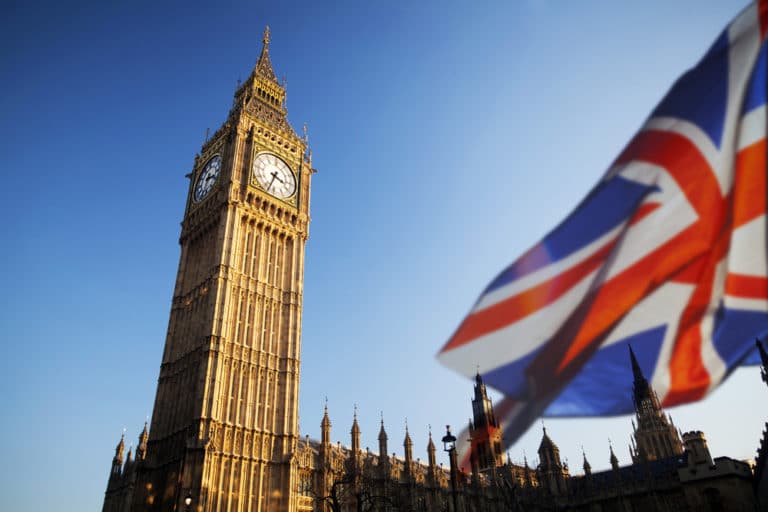The new agreement offers UK companies more comprehensive data transfer facilities and streamlined AI regulation.
Britain and the United States have signed an “Atlantic Declaration” to address economic challenges together. This was communicated by the White House last week. These challenges exist in many areas, including clean energy, critical minerals and artificial intelligence.
The declaration is defined as a “Twenty-First Century US-UK Economic Partnership”. It builds on previous accords such as the New Atlantic Charter signed in 2021. It specifically addresses the two countries’ economic relationship regarding emerging technologies.
“Enhancing cooperation on data”
A major part of the new deal includes agreement on building a “Data Bridge” between the UK and the US that would allow UK businesses to more freely transfer data to the US. The declaration says that such transfers will be done while “ensuring strong and effective privacy protections”. However, it seems there is still work to be done on that subject.
“We are working to finalize our respective assessments swiftly to implement this framework”, the White House said, glossing over the problems that continue to plague US-European data transfers ever since the EU-US Privacy Shield was deemed to be in breach of the EU’s GDPR privacy law.
“Accelerating cooperation on AI”
The agreement also promises that the UK and US will work more closely on the regulation of artificial intelligence (AI). Additionally, it notes that the UK will host a “Global Summit on AI Safety” later this year. While details are not yet available, the summit is planned to be a place where multiple countries can address the risks posed by AI on a global scale.
AI also plays a role in the two countries’ pledge to collaborate on “Privacy Enhancing Technologies“. While details are also missing here, the declaration says that the collaboration “will allow us to gain more valuable insight from data and train responsible AI models, enabling economic and societal benefits, while protecting individuals’ privacy and our democratic principles”.
